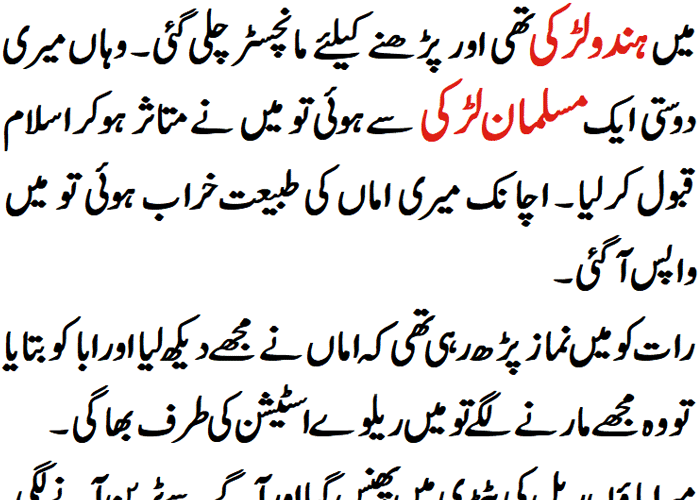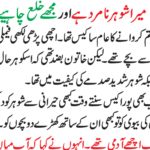Cystic acne is one of the most severe forms of acne, characterized by large, painful bumps that form deep within the skin. Unlike regular acne, cystic acne can leave scars and take much longer to heal. This condition often affects not just teenagers but also adults, leading to significant emotional distress and decreased quality of life. While several medical treatments are available, many individuals are seeking natural remedies to alleviate their symptoms. In this article, we will explore effective ways to treat cystic acne, including natural remedies, lifestyle changes, and professional treatments.
1. Understanding Cystic Acne
Cystic acne is a severe type of acne that occurs when cysts develop deep within the skin. These cysts are painful and can lead to significant scarring if not treated properly. Understanding the causes and risk factors of cystic acne is crucial for effective treatment.
What is Cystic Acne?
Cystic acne is a form of inflammatory acne that manifests as large, painful bumps filled with pus. It occurs when hair follicles become clogged with oil and dead skin cells, leading to inflammation and the formation of cysts. Unlike other types of acne, cystic acne often penetrates deeper into the skin, making it more challenging to treat.
Causes and Risk Factors
Several factors contribute to the development of cystic acne:

- Hormonal changes: Fluctuations in hormones, particularly during puberty, menstruation, or pregnancy, can increase oil production, leading to cystic acne.
- Genetics: A family history of acne may predispose individuals to developing cystic acne.
- Diet: Some studies suggest that high-glycemic foods and dairy products may exacerbate acne.
- Stress: Increased stress levels can trigger hormonal fluctuations, worsening acne symptoms.
2. Symptoms of Cystic Acne
Recognizing the symptoms of cystic acne is essential for seeking timely treatment.
Distinguishing Cystic Acne from Other Acne Types
Cystic acne is often mistaken for other acne types, such as nodular or pustular acne. Here’s how to distinguish it:
- Cystic acne: Large, painful bumps that are filled with pus and may feel tender to the touch.
- Nodular acne: Firm bumps under the skin that are not filled with pus.
- Pustular acne: Small, pus-filled bumps that can appear on the skin’s surface.
Common Symptoms to Watch For
- Painful, swollen lumps beneath the skin
- Redness and inflammation around the affected area
- Cysts that can rupture and drain pus
- Scarring and hyperpigmentation after healing
3. Diagnosis of Cystic Acne
A proper diagnosis is essential for effective treatment.
Importance of a Dermatologist
Consulting a dermatologist is crucial for anyone experiencing severe acne. They can help distinguish cystic acne from other skin conditions and recommend appropriate treatments.
Tests and Evaluations
Dermatologists may perform several evaluations, including:
- Physical examination: A thorough assessment of the skin to identify the type of acne.
- Medical history: Discussing any medications, family history, and lifestyle factors that may contribute to acne.
- Skin tests: In some cases, tests may be conducted to rule out other skin disorders.
4. Conventional Treatments for Cystic Acne
Several medical treatments are available for cystic acne, often aimed at reducing inflammation and preventing future breakouts.
Overview of Medical Treatments
Common treatments include:
- Topical treatments: Prescription creams or gels containing retinoids or antibiotics.
- Oral medications: Antibiotics, hormonal treatments (like birth control pills), or isotretinoin for severe cases.
Medications Commonly Prescribed
- Retinoids: Help unclog pores and reduce inflammation.
- Antibiotics: Reduce bacteria and inflammation in the skin.
- Isotretinoin: A powerful medication for severe cystic acne, often used as a last resort due to potential side effects.
5. Natural Remedies for Cystic Acne
In addition to conventional treatments, several natural remedies can help manage cystic acne.
Dietary Changes
- Reduce sugar and dairy: These foods can trigger acne in some individuals.
- Increase omega-3 fatty acids: Found in fish and flaxseeds, they may help reduce inflammation.
Herbal Remedies
- Green tea: Known for its anti-inflammatory properties, applying green tea extract to the skin may help reduce acne.
- Turmeric: This spice has anti-inflammatory and antibacterial properties. Mixing turmeric with honey to create a paste can soothe the skin.
Essential Oils
- Tea tree oil: A popular natural treatment known for its antibacterial properties. Dilute it with a carrier oil before applying.
- Lavender oil: Has soothing properties that may help with inflammation and redness.
6. The Role of Diet in Acne Management
Diet plays a significant role in managing cystic acne.
Foods that Trigger Cystic Acne
Certain foods are known to exacerbate acne, including:
- Sugary snacks and beverages
- Refined carbohydrates (white bread, pastries)
- Dairy products
Foods that Promote Clear Skin
Incorporating more of the following foods into your diet may help improve skin health:
- Leafy greens: Packed with vitamins and minerals that promote skin health.
- Nuts and seeds: Rich in omega-3 fatty acids and antioxidants.
- Fruits: Berries, citrus fruits, and avocados are excellent for skin hydration and nutrition.
7. Skincare Routine for Cystic Acne
Establishing a proper skincare routine is crucial for managing cystic acne.
Importance of Gentle Cleansing
Using a gentle cleanser helps remove excess oil and dirt without irritating the skin. Avoid harsh scrubs that can exacerbate inflammation.
Recommended Products and Ingredients
- Salicylic acid: Helps exfoliate the skin and unclog pores.
- Benzoyl peroxide: Kills acne-causing bacteria and reduces inflammation.
- Non-comedogenic moisturizers: Hydrate the skin without clogging pores.
8. Lifestyle Changes to Support Clear Skin
Making lifestyle changes can significantly impact acne management.
Stress Management
Stress can worsen acne symptoms. Consider incorporating relaxation techniques such as:
- Yoga: Helps relieve stress and promotes overall well-being.
- Meditation: A great way to calm the mind and reduce anxiety.
Sleep Hygiene
Ensure you get adequate sleep each night, as lack of sleep can lead to hormonal imbalances that trigger acne.
Exercise
Regular exercise helps reduce stress and improves blood circulation, promoting healthier skin.
9. Home Treatments for Cystic Acne
Several home treatments can help alleviate symptoms of cystic acne.
DIY Masks and Treatments
- Honey and cinnamon mask: A natural antibacterial combination that can soothe inflamed skin.
- Aloe vera gel: Known for its soothing properties, applying aloe vera can help calm irritated skin.
When to Seek Professional Help
If home treatments and lifestyle changes are ineffective, it’s essential to consult a dermatologist for a more tailored treatment plan.
10. Professional Treatments for Cystic Acne
For severe cases, professional treatments may be necessary.









